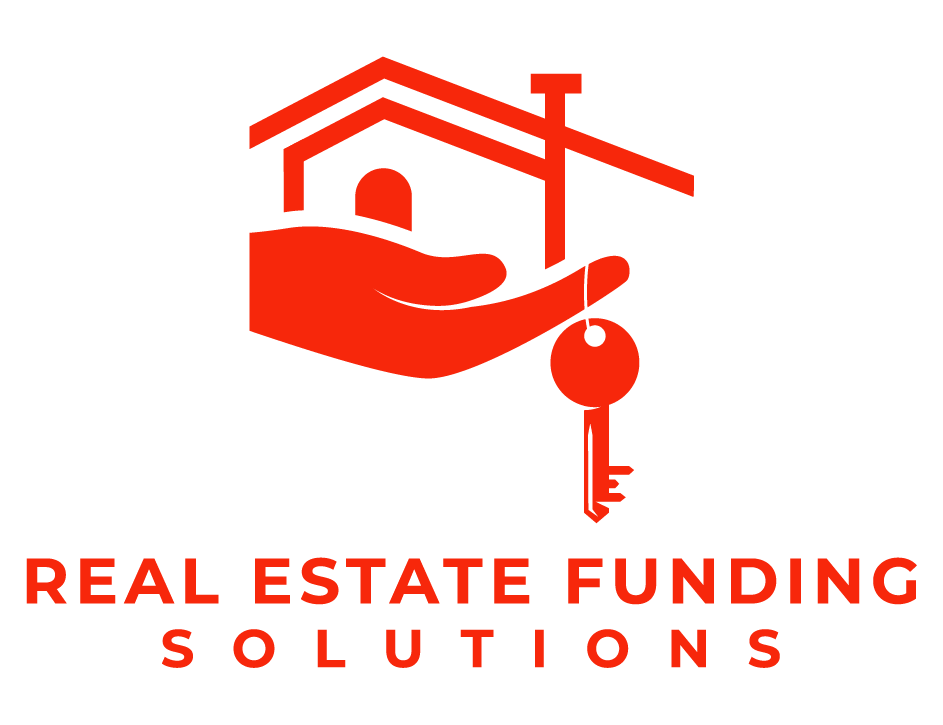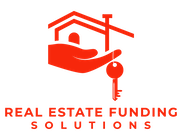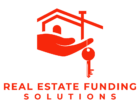Before the housing crisis, stated-income real estate loans were easy to get. As long as people had a good credit score, real estate lenders believed their stated income was accurate and funded them a loan.
Then came the housing crash, and stated income mortgages took a leave. Now, they are slowly finding their way back into the market, but not as they once existed. Ideally, only self-employed individuals plan on taking a no income verification mortgage. But not all self-employed people – only the ones who meet specific requirements.
It Helps If You Have A Good Credit Score.
The first step to getting a no-income verification mortgage is to have an excellent credit score. It ideally means you should have a credit score of 700 or above. Most real estate lenders will not just focus on your credit score. They will also ask you questions about your credit history. You should have a sound history within the last few years. It means no foreclosures, bankruptcies, or even late payments. You must prove to the lenders that you are financially responsible and can easily handle all your current and future debts.
All Self-Employed Borrowers Can Easily Qualify.
In most instances, self-employed individuals look for no income verification mortgage loans. These people earn money in life but not so much on paper. They may not have access to some critical documents that help prove their income, especially if they are not taking a salary from their company or business. When there are no pay stubs or W-2s, the lender will ask you for at least two years’ worth of tax returns. In the case of self-employed individuals, it can be a huge issue. Several people who work for themselves tend to take many deductions on their taxes. Though it’s legal, it often lowers their overall gross income. Real estate lenders can only use the adjusted gross income amount to qualify them for a home loan.
If the borrower doesn’t have sound proof of their income, they can’t secure a regular home loan. However, here is where a stated income loan can help! Real estate lenders now refer to these loans as no income verification or alternative documentation loans. These loans will not consider only your word regarding your current income, only because you have a good credit score. Instead, you will have to give other documents to prove your current income. Generally, this is your bank financial statement. Keeping everything as clean as possible will help if you have separate bank accounts for your business and personal life.
Finding The Right Lender Is Essential.
No two no income verification mortgages have the exact specifications. Each lender has its specific requirements. Some require you to possess lots of reserves in hand to qualify. Others only ask you to submit a significant down payment. Since they are ‘portfolio loans’ (meaning the real estate lender keeps them on their personal books), they can devise their own rules. As a general rule of thumb, most real estate lenders need you to have a good credit score, but each lender has its unique requirements. Finding a real estate lender ready to offer you a loan may even take a lot of time. So, ensure you are prepared to shop around if you plan on undertaking this task yourself.
How to Increase the Chances of Getting a No-Income Verification Mortgage?
Being self-employed is never enough to guarantee a no-income verification loan. It would help if you also had your financial life in the best possible condition. Most real estate lenders will look for the following:
- Regular deposits on your bank statements (be it personal or business accounts), depending on which one you use. They don’t have to be the same monthly amount, like a salary, but they have enough consistency for the lender to believe in your quoted income. You will have to show a steady flow of income in your reports.
- Lenders will check if you have a low balance on your credit cards compared to their available credit. A safe number you should target is 20%. A balance higher than 20% of your total balance may bring down your credit score and make you seem risky to potential lenders.
- If you have access to any business contracts showing your income flow, you must provide them to your potential lender. It will help prove you have a consistent income.
- It means money besides the funds you plan on using for the down payment on the property. This money should be in a liquid account and be available to use in case your business income stops and you can’t make monthly mortgage payments. The more reserves you have in your liquid bank account, the more chances you have to qualify for a loan.
Want More Information? Contact Real Estate Funding Solutions Today!
If you are looking for more information about how no income verification mortgages work, we suggest you contact the Real Estate Funding Solutions team immediately! Our experts have years of training and experience in the field and can explain to you everything you need to know about these loans. Moreover, we can also help you find the best loan terms available in the market. Call us at 855-913-8637 for more information!



